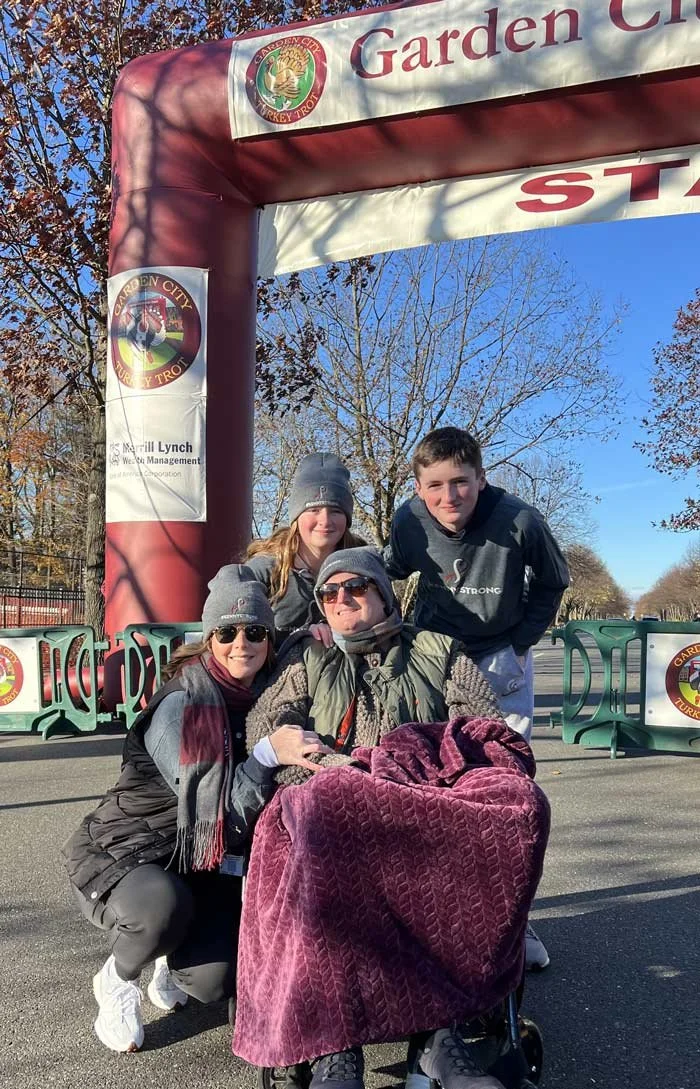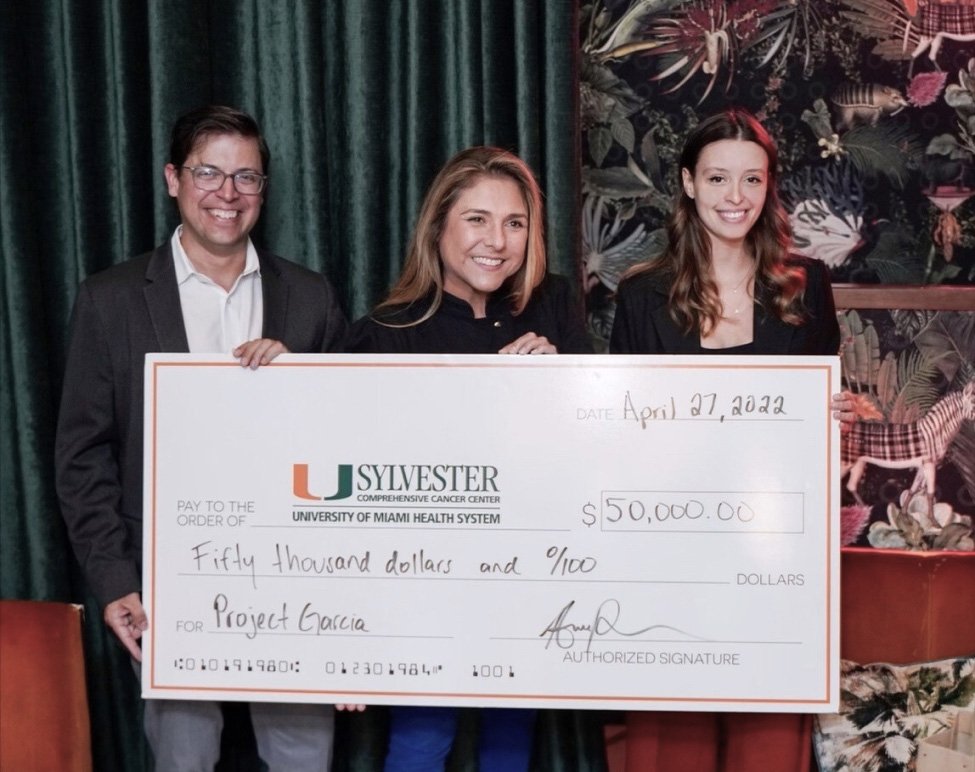our projects
Project Rush
The Glioblastoma Research Organization announces Project Rush in proud collaboration with Lenox Hill Hospital’s Department of Neurosurgery’s Brain Tumor Center.

About Project Rush
Project Rush was inspired by the passing of Neil Peart, star-drummer for the Canadian Band, Rush.
Project Rush was inspired by the passing of Neil Peart, star-drummer for the Canadian Band, Rush. Led by Dr. John A. Boockvar along with the Lenox Hill Neurosurgery research team, Project Rush continues to explore the effectiveness of repeated superselective intra-arterial cerebral infusion (SIACI) of Avastin® (bevacizumab) with radiation and Temozolomide compared to radiation and Temozolomide alone in patients with newly diagnosed glioblastoma multiforme. Project Rush will assist in Phase 3 of this investigation. Previous Phases I & II have shown it is not only safe to deliver repeated doses of bevacizumab but has also shown significant progression-free and overall survival rates for newly diagnosed glioblastoma patients compared to the standard of care.
Project Rush, kicks off the partnership between The Glioblastoma Research Organization and Lenox Hill Hospital, in celebration of Brain Cancer Awareness Month 2021. This project marks The Glioblastoma Research Organization’s third fully funded project in its two-year lifespan. In addition to Project Rush, The Glioblastoma Research Organization continues to focus on developing campaigns to raise glioblastoma awareness, which aim to educate the masses on this devastating disease, as well as support its community of current glioblastoma warriors.
The Glioblastoma Research Organization is a 501(c)3 nonprofit charitable organization that works to raise awareness and funds for new global, cutting-edge research to find a cure for glioblastoma. #GBMRO












